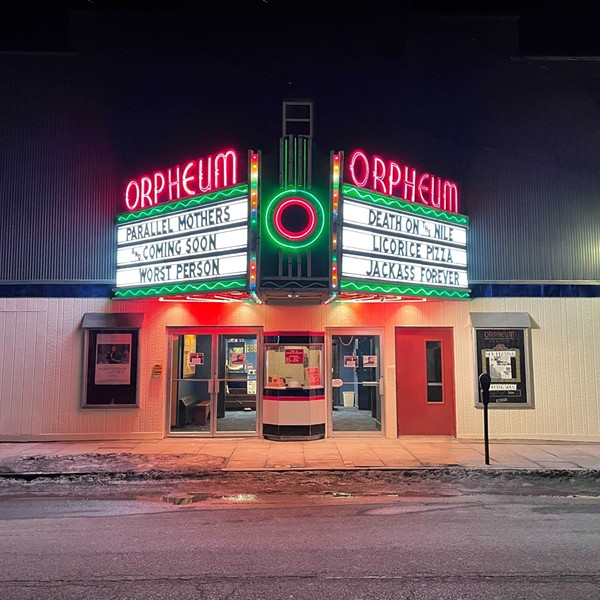Over the last few years, the Hudson Valley and Catskills have become increasingly popular short-term rental (STR) markets, and part of the national debate about their merits and shortcomings.
For communities without much existing hotel infrastructure, but plenty of recreational opportunities (such as rural towns in the Catskills) STRs provide an accessible way for visitors to vacation there. And when they visit, they provide an economic boost to local restaurants, shops, and residents operating STRs alike.
“Given the housing costs in the region, any relief you can provide a homeowner can generally be perceived as a good thing,” Cappello says. “If they can rent out their house for a few weeks a year they can generate a little extra income to help them pay their mortgage or make repairs to their home they otherwise wouldn’t be able to afford.”
On the other hand, he says, “there is concern in some communities that people are buying homes solely for the use as full-time STRs in effect creating unsupervised mini hotels in residential neighborhoods. Also, some residents have raised concern that if unregulated, STRs will result in excessive noise, traffic, sewer, and other nuisance issues.” Cappello says.
As for the solution? It’s time for municipalities to realize that STRs are here to stay, and that the best path forward lies in the creation of thoughtful and fair legislation that will benefit the community as a whole.
“Zoning regulations and/or licensing requirements that require an STR owner to limit the number of people per bedroom, demonstrate that any septic system is in working order, identify off-street parking and provide a local contact available to address any issues that may arise is the low hanging fruit. Other measures to consider could be limiting the number of days a homeowner or lessee could rent the home, limit the total number in any particular area based upon fair and objective criteria, and requiring a certain percentage of STRs be owner occupied," Cappello says. “The landscape is still evolving and there’s not a lot of case law yet, so long as a municipality is creating legislation that is reasonable and based upon objective and supportable criteria, there’s a fairly wide ability to set limits that work for all sides.”
You can learn more about the law firm of Jacobowitz & Gubits at Jacobowitz.com.


















